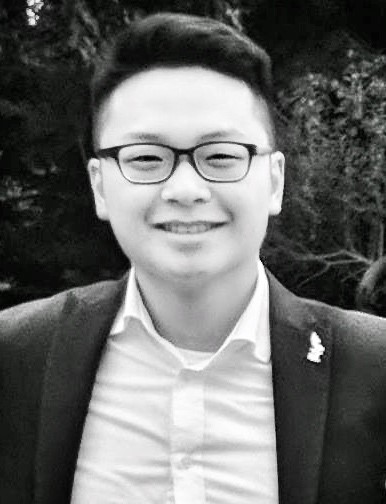
Hello! I am an ACFST1 in Leeds, born in Hong Kong and raised in Essex. I completed medical school in 2020 and started Foundation Training in Leicester during the COVID-19 pandemic.
I have wanted to be a forensic pathologist since secondary school. However, having completed projects and presented at conferences, my interests evolved towards academic pathology, particularly the application of deep learning for predicting patient outcomes. My current research interests are upper gastrointestinal cancers and artificial intelligence.
Outside of medicine, I enjoy learning new languages, playing the piano and trombone, and following football and combat sports.
Having finished my Foundation Training only a few months ago, I feel my recent experience and knowledge can highlight the educational and academic needs of undergraduates and junior doctors interested in pathology. I have benefitted tremendously from the events and resources provided by the PathSoc.
Furthermore, I have gained valuable experience in event planning and delivery, working collaboratively with individuals from diverse backgrounds, and organising and chairing meetings. My previous leadership roles as deputy representative on the BMA Medical Students Committee, founding president of my undergraduate Surgical Society, and vice president for the Doctors' Mess, have enabled me to hone these skills which I hope will benefit the subcommittee.